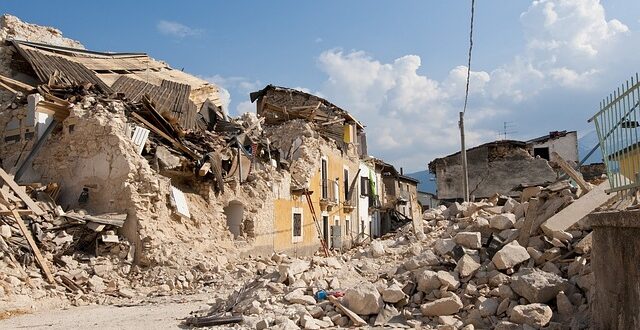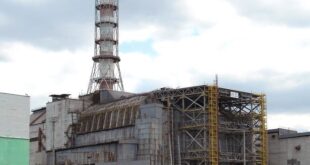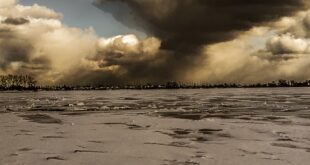Earthquakes Causes and Predictions
Earthquakes are natural disasters that occur when the Earth’s tectonic plates shift. The continuous process of plate tectonics, which are the movement of large bodies of rock beneath the Earth’s surface, causes the quakes. Earthquakes occur when these plates get stuck in their movements and lose their balance. This unbalance causes a sudden release of energy in the form of seismic waves. This is what we call an earthquake.
Richter and Mercalli Scales
Earthquakes can inflict significant amounts of destruction to homes, buildings, and infrastructure, depending on their size and intensity. People can feel the tremors far away from their epicenters and can cause landslides and other natural disasters if they occur in areas with steep terrain.
The scientists measure the size of an earthquake on two different scales. The Richter Scale is used to measure the magnitude or strength of an earthquake, while the Mercalli Scale is used to measure an earthquake’s intensity which is how much damage it is capable of causing. In general, earthquakes with a magnitude greater than 6.0 can cause significant damage.
Earthquakes Predictions
Scientists are continually improving their ability to forecast earthquakes, but some uncertainty still remains. They can analyze seismic data to determine what type of seismic activity may be happening in a particular area. They can also look for possible precursors to earthquakes, such as changes in the earth’s magnetic field or even animals behaving abnormally. However, these predictions are not always accurate, and scientists must rely on the experience and the knowledge of those who live in the area to give a more correct outlook.
Conclusion
Overall, earthquakes can cause significant amounts of destruction, preparedness followed by some actions minimizes the damage. People can take steps to protect their property such as:
- Securing large furniture to the walls.
- Checking for structural weaknesses in buildings.
- Having an emergency plan in place in case of an earthquake.
It is also important to get some insights about earthquakes and their potential effects so that one can take the aducate actions for an earthquake when one occurs.
Cheers!
For more stories follow me on Telegram















